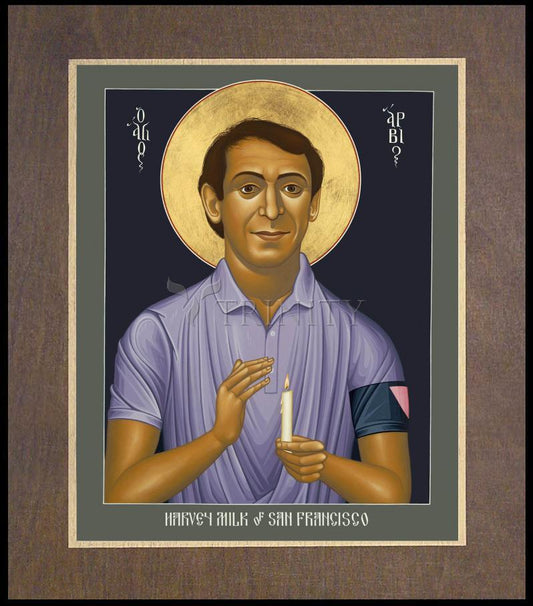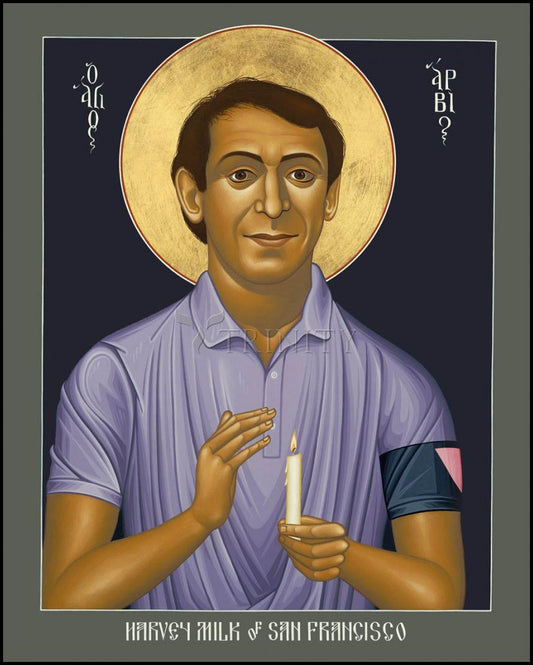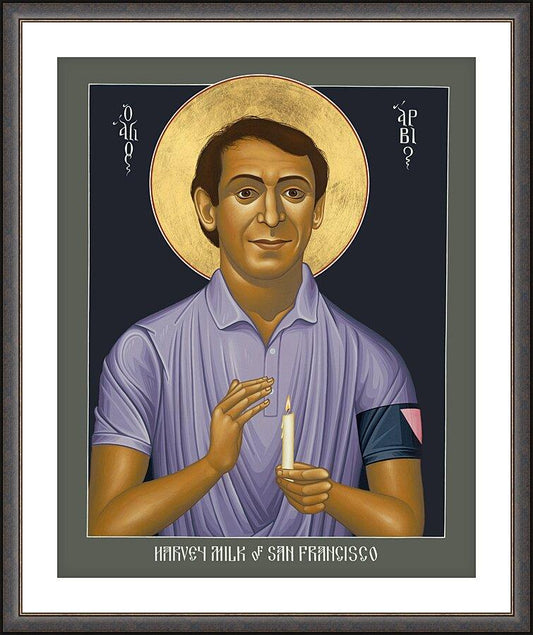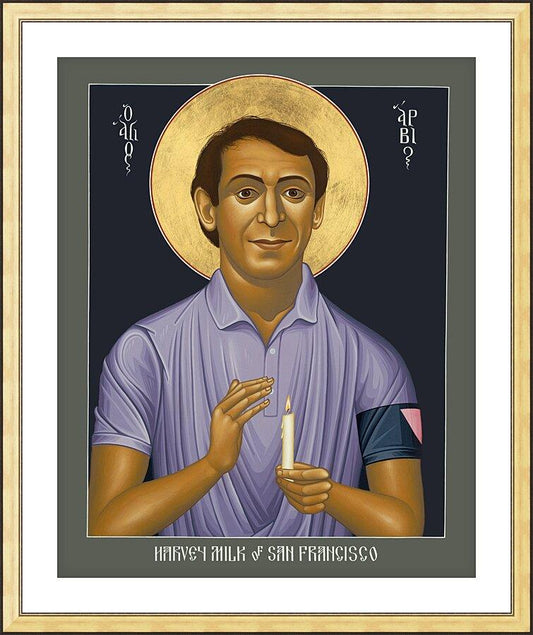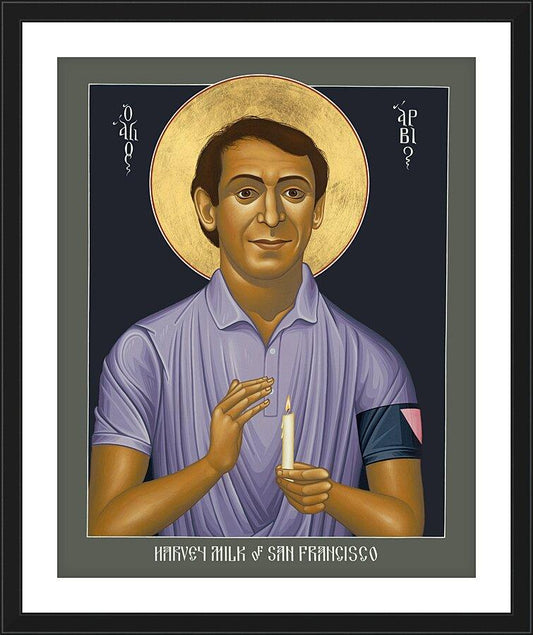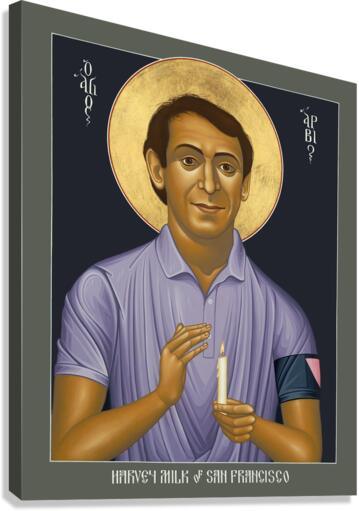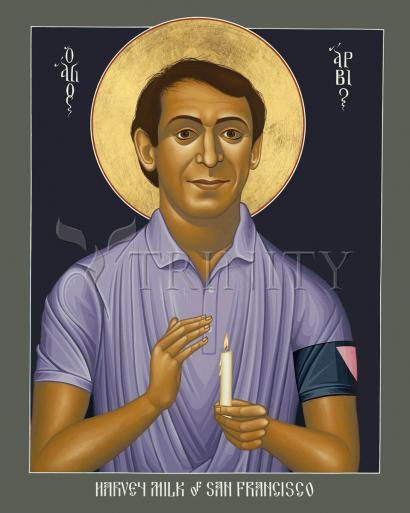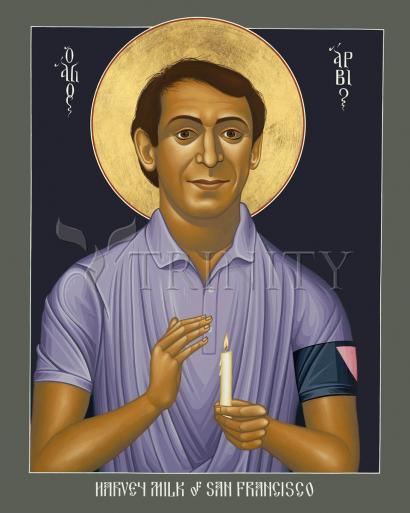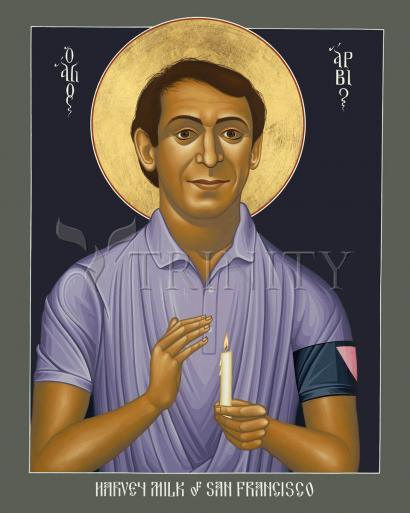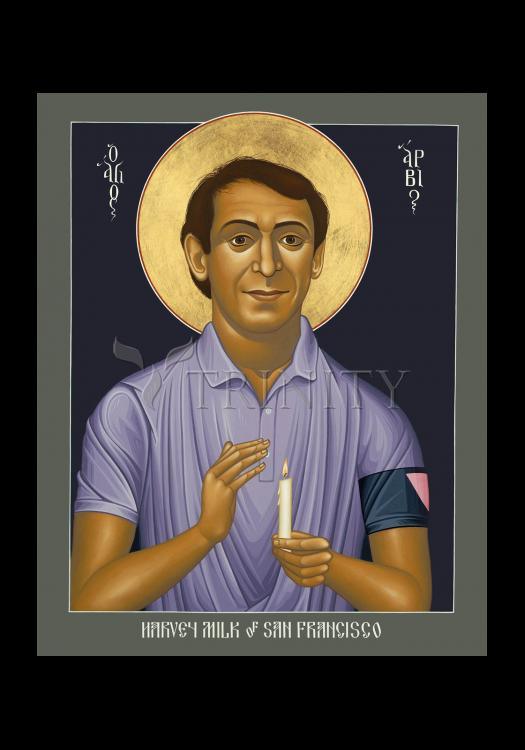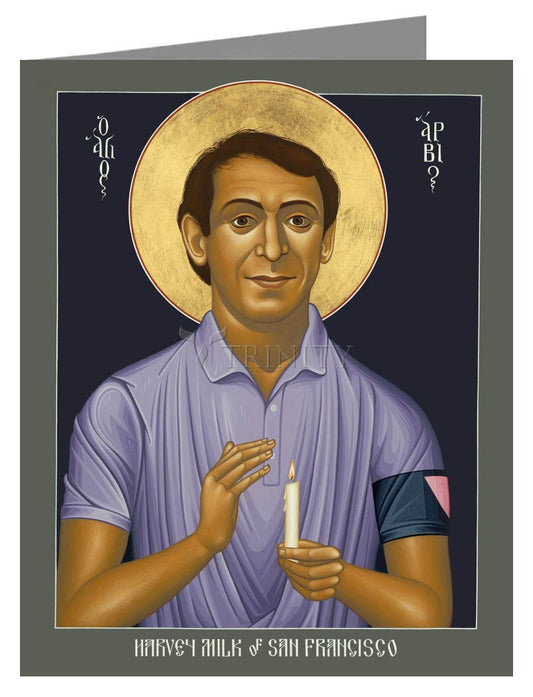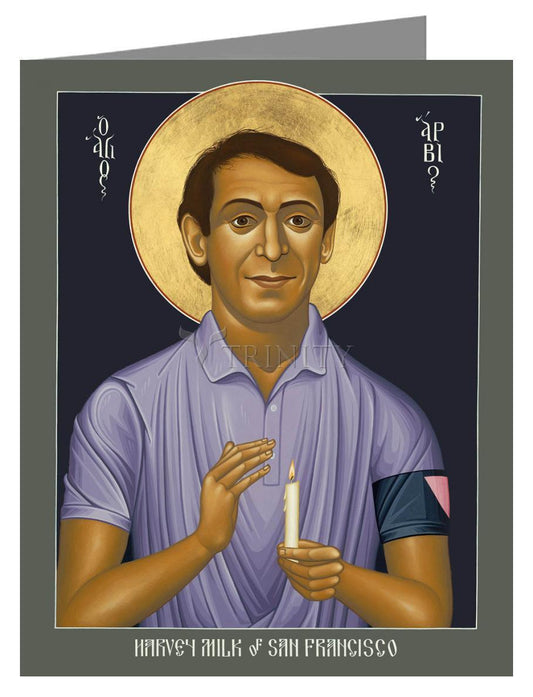a.k.a Glimpy Milch
Harvey Bernard Milk was born on May 22, 1930 at Woodmere Hospital in Long Island, New York. His official name, derived from his Lithuanian ancestry, was Glimpy Milch. He graduated from Albany State College in 1951 where he had majored in math and minored in history. Milk entered the Navy shortly after he finished college and advanced to the rank of chief petty officer on the U.S.S. Kittyhawk, only to be dishonorably discharged when his homosexuality was discovered.
His life travels took him to Dallas, Texas and back to New York before he finally ended up in California. Like thousands of other gay people, Milk migrated to San Francisco in the early 1970's.
Harvey Milk the Organizer
The San Francisco neighborhood and Gay Mecca now simply referred to as "The Castro" was not always a thriving business district. When Milk moved to San Francisco in 1972 it was known as place to find cheap housing, which is why he was drawn there. He opened a camera shop on Castro Street and acted as an advocate for local businesses in dealing with the municipal government. Realizing that the footholds of the San Francisco political establishment were in the merchant organizations in the city's ethnic neighborhood, Milk founded the Castro Valley Association (CVA). Through the CVA, the Gay community became politically organized and gained allies in the labor unions and with some political leaders.
Harvey Milk the "Recruiter
"My name is Harvey Milk and I'm here to recruit you." This was Milk's standard opening line when he gave a stump speech. After this sarcastic allusion to the notion that homosexuals recruited other people into changing their sexual orientation, he would proceed to recruit support for the populist issues to which he dedicated his life. He fought to secure the place for homosexuals in society as equals, not as people who were just tolerated. He professed the importance of gay people seeking leadership positions in society and not relying on non-gay friends of the community to act as the leaders of the movement.
Harvey Milk the Politician
In 1977, Milk became the first openly gay person to be elected to the Board of Supervisors (City Council) in San Francisco. It was his fourth try at elected office. His election was in stark contrast to the national political scene that was characterized by the movement that was being led by anti-gay activist Anita Bryant to "Save Our Children." Unfortunately, after years of striving to win an election, he would serve only for eleven months before he was assassinated.
Harvey Milk the Martyr
On November 27, of 1978, Milk was murdered in the San Francisco City Hall, as was Mayor George Moscone. On that day, former City Supervisor Danny White crawled through a basement window of the building to avoid metal detectors. White had resigned his seat on the Board following the enactment of the Gay Civil Rights bill that he had opposed.
White was convicted of two counts of voluntary manslaughter and sent to prison for seven years and eight months. This stunningly light sentence was granted in response to what is now referred to as the "twinkie defense." White's attorney argued that the defendant could not be held accountable for his actions due to the amount of junk food he had eaten on the day of the crimes. White was paroled after six years in prison and committed suicide shortly thereafter.
The Legacy of Harvey Milk
Although his life was cut short, the impact of Harvey Milk is still being felt. In the year following his death, 100,000 people marched on the nation's capitol in support of gay civil rights chanting "Harvey Milk Lives." As for the seat on the San Francisco Board of Supervisors that he had worked so hard to win, his openly gay successor, Harry Britt, was the only incumbent to win in the City election subsequent to the assassinations.
The thought of assassination had haunted Milk during his years in public life. He tape-recorded several versions of his political will, which he labeled "to be read in the event of my assassination." One of the tapes included the following statement:
"If a bullet should enter my brain, let that bullet destroy every closet door."
"Excerpts from "Mayor of Castro Street" by Randy Shilts



